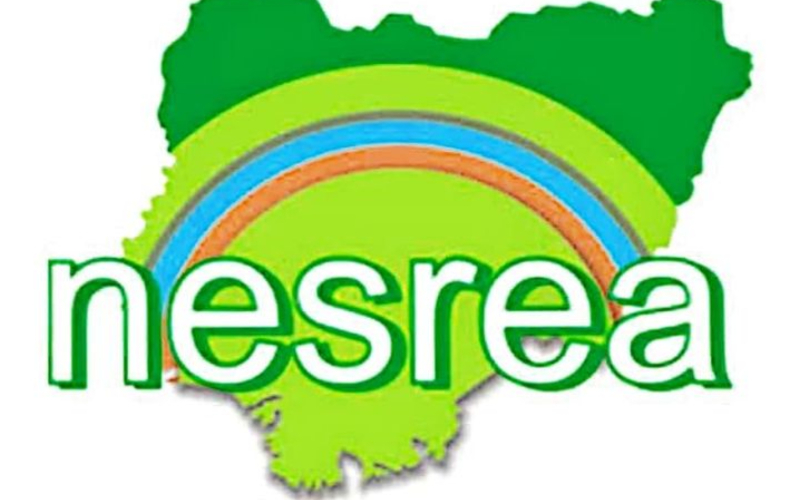The Federal Government has commenced the registration of importers of electrical electronic equipment across the country in a bid to regulate their activities and curb e-waste.
The National Environmental Standards and Regulations Enforcement Agency stated in a statement on Friday that it had developed a guide for Importers of used electrical electronic equipment to manage e-waste in Nigeria adequately.
NESREA in the statement issued to announce the inauguration of an Inter-Agency Committee by its Director-General, Prof. Aliyu Jauro, disclosed that the inter-agency committee which is made up of officials of the agency and the National Broadcasting Commission was set up to strengthen the collaboration between the two agencies in the management of e-waste.
It said the committee would mainly ensure an e-waste-free environment at the end of the digital switch-over in Nigeria.
Jauro, who was represented at the event by the Director of Inspection and Enforcement, Abdulsalaam Isa, pointed out that the hazardous content inherent in e-waste posed a threat to human health and the environment.
The statement read in part, “He (Jauro) said NESREA has taken necessary steps to rid the country of e-waste by developing and operationalising the National Environmental (Electrical and Electronic Sector) Regulations 2022, which has been revised and ready for gazette.
“NESREA has also developed the Guide for Importers of Used Electrical Electronic Equipment and the registration of importers of electrical electronic equipment to regulate their activities.”
He said the agency had conducted training for importers of used electrical electronic equipment on the effects of importation of e-waste into the country and published the Extended Producer Responsibility Operational Guideline.
Jauro stated that a high point in the management of e-waste in Nigeria was the successful execution of the Global Environmental Facility-funded project with notable accomplishments in Lagos, where the pilot project was carried out.
“Under the project, NESREA midwifed the establishment of 30 collection centres in Lagos State, upgraded two recycling facilities in the state and carried out training of government regulators and e-waste value chain,” he stated.
He said the agency also provided personal protective equipment for collectors, formalised over 400 informal e-waste collectors, and carried out awareness programmes on the project in various media.
SOURCE: THE PUNCH











